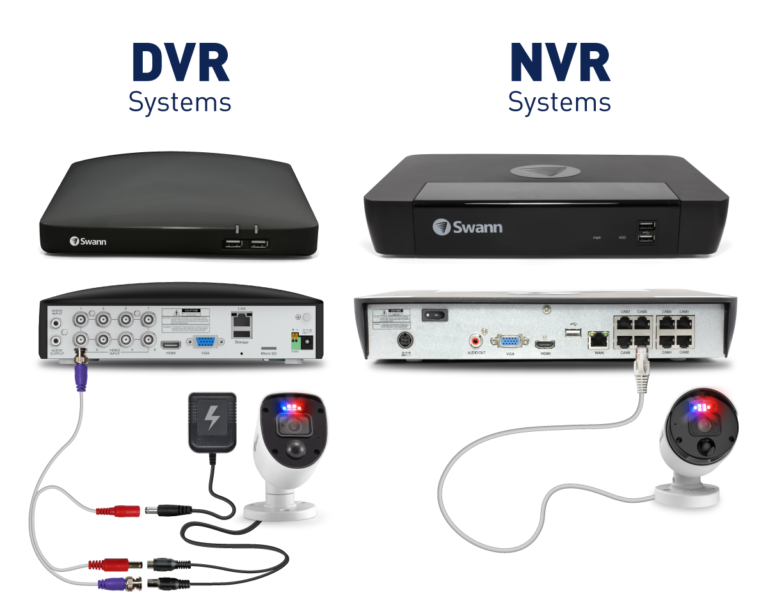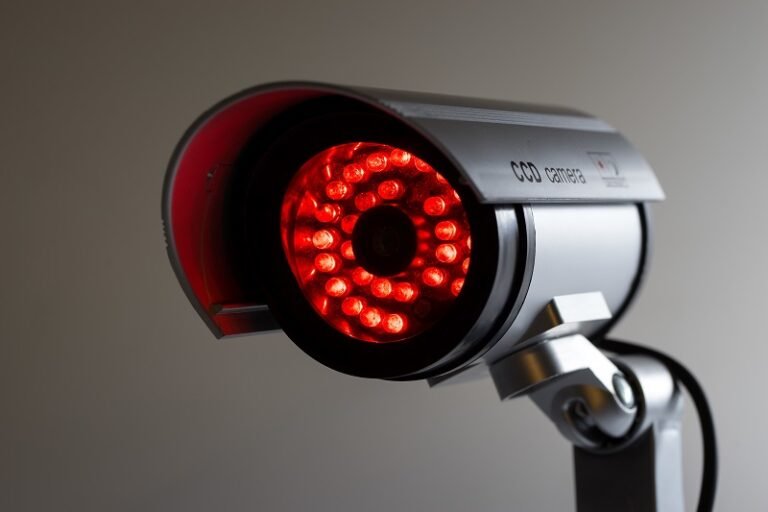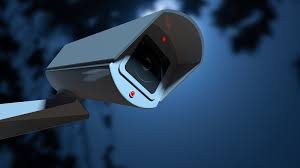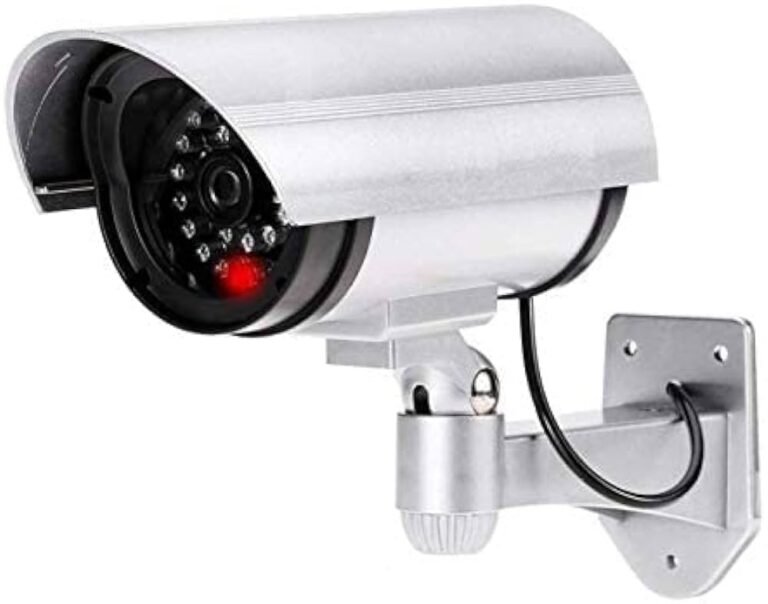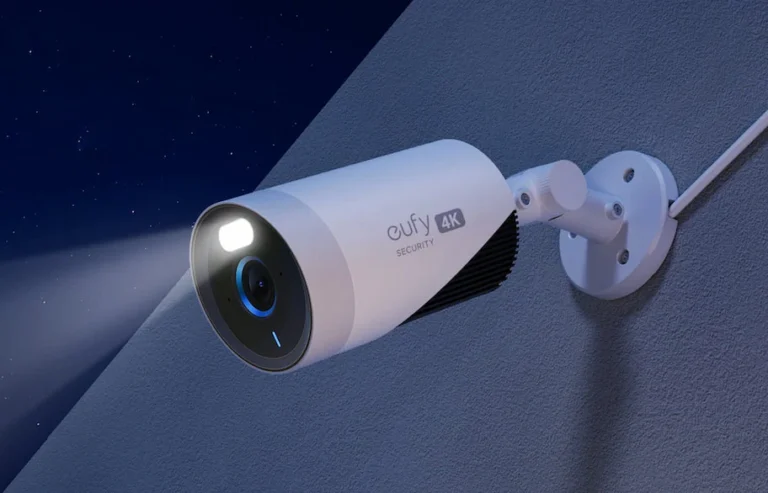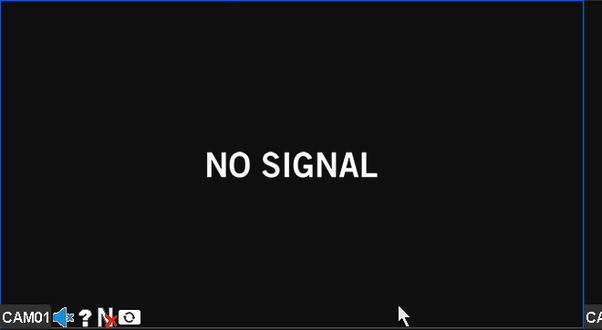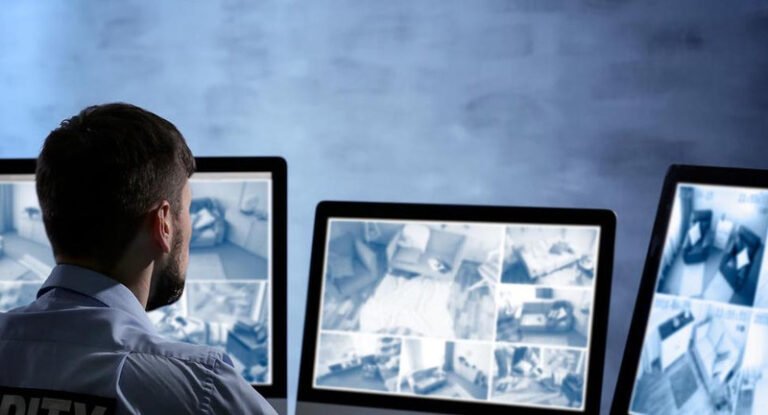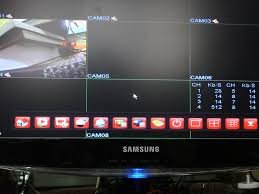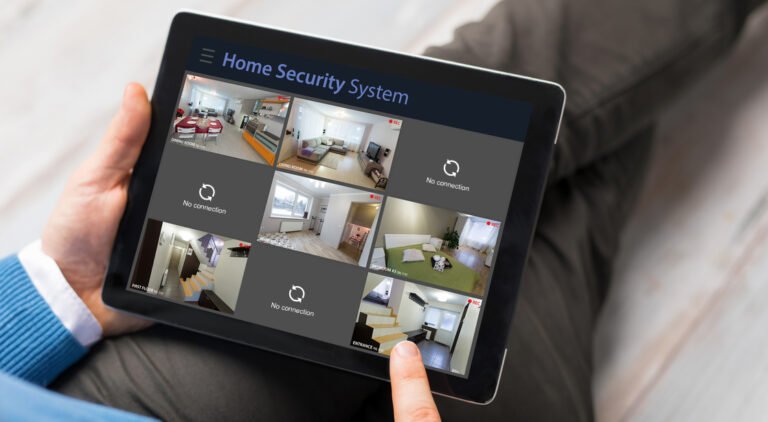DVR vs. NVR vs. HVR – 5 wichtige Unterschiede erklärt

Bei Überwachungssystemen gibt es deutliche Unterschiede zwischen DVRs, NVRs und HVRs. DVRs bieten in der Regel eine Videoqualität von bis zu 1080p und verwenden Koaxialkabel, während NVRs 4K unterstützen und über Ethernet verbunden werden. HVRs kombinieren beide Kabeltypen für…
